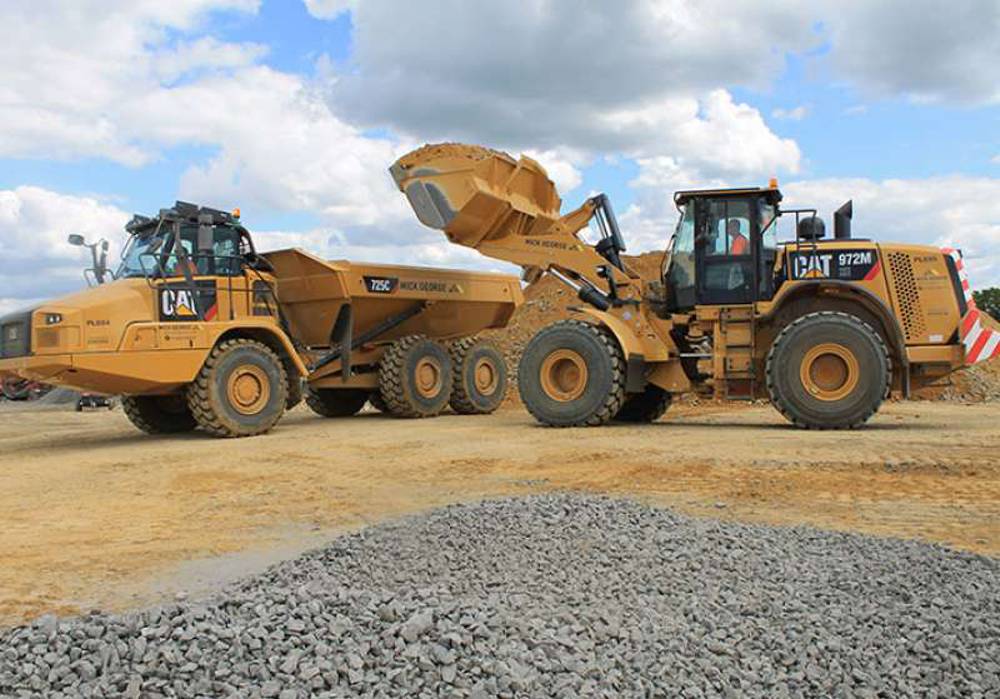Covid19 and Capital Expenditure Investments
Cancelled projects, interrupted supply chains, employee health and safety concerns — this is the reality for many construction companies following the coronavirus outbreak. For companies without big financial reserves, there are big decisions to make about where best to allocate resources.
Below Richard Taylor, Commercial Business Partner – Aftermarket & Supply Chain at Finning UK & Ireland, exclusive Cat® equipment and parts dealer, shares guidance for construction companies’ capital expenditure in the days of coronavirus:
“In PwC’s Covid-19 CFO Pulse Survey, 81% said they were considering cost reductions as a result of the pandemic. 60% said they are planning to defer or cancel investments, particularly in facilities, CapEx, operations and workforce. The absolute priority at this point for businesses is ensuring employee safety and security, with many businesses moving capital expenditure to the back seat and sweating their assets for the immediate future.
“However, capital expenditure doesn’t always have to be in something big, it could be incremental improvements in current assets. The first consideration is likely to focus on how many business objectives can be achieved with current equipment, and how to make the best out of what you already have.
“Construction businesses can look for ways to keep existing technology running for longer using servicing and maintenance. While during the pandemic many businesses switched to a run to failure approach, the coming months will see construction companies shifting back towards proactive, preventative maintenance, to ensure as much uptime and availability as possible.
“When investing in new equipment, it is more important than ever that construction companies align their spending with the strategic goals of the business. Many companies are reassessing their markets, looking for new opportunities to dominate existing sectors, or low-risk ways to branch into new ones. Any investments outside of this core strategy may be too risky.
“It is important to have a firm line of sight on how to support investments. While businesses previously ordered equipment on the assumption of winning a contract, more certainty is now required before taking the leap, particularly if it means purchasing new machines.
“While cost is always critical when deciding on which equipment to invest in, it encompasses more than just the price tag. Being able to deliver on projects promised to customers depends on the business having equipment up and running, fully serviced and maintained. It is therefore also important to consider parts, servicing and warranty into the equation — every second a machine is down costs money in work that isn’t being delivered.
“Another decision is how to finance the purchase. In the present conditions, companies will be keen to avoid impacting key metrics like debt that shareholders or investors would look at. However, many businesses now lack the cash flow to make up front investments. It may be that looking for finance options, like CAT Finance, could help companies take the leap.
“Finning offers a ‘Buy now, pay later’ 51 month fixed-rate plan on new Cat® machines ordered by 31 December 2020. This means no payments for the first three months, followed by a monthly payment for 48 months. All that is required is a ten per cent deposit, VAT and a £175 administration fee in month four.
“Throughout the pandemic, Finning has kept its lines open and its replacement parts in constant supply. We have over 500 engineers ready to dispatch to help customers keep equipment running and are flexible in our payment plans for new equipment.”

If you need help making capital expenditure decisions call CAT Finance on +44 0800 028 7778, or visit their website for more information.





























